Mumbai, July 14, 2025: Corporate Social Responsibility (CSR) investments in skill development must grow substantially to enable India to become a global talent hub, according to a new report released by CRISIL Intelligence. The report, titled “India’s Got Talent,” highlights the critical role CSR can play in strengthening India's global workforce readiness, especially as several advanced economies face acute labour shortages.
With 65% of its population under the age of 35, India is uniquely positioned to bridge the skills gap in countries such as those in the Gulf Cooperation Council, Europe, and Australia. However, the report warns that realizing this potential requires large-scale investments in targeted skilling programs.
While some progress has been made—such as CSR support complementing government initiatives like the Pradhan Mantri Kaushal Vikas Yojana—only 3.5% of the ₹2.22 lakh crore spent on CSR since FY15 has gone toward skilling. Moreover, many of these initiatives have been fragmented and focused on informal trades, lacking alignment with global employment needs.
“CSR investments must evolve beyond isolated skilling activities. When strategically integrated with government initiatives, CSR has immense potential to act as an enabler, significantly strengthening India’s global workforce readiness. Our analysis highlights that, to effectively harness its potential, CSR must strategically identify and prioritise skills in a phased manner,” said Binaifer Jehani, Business Head, Risk Solutions – Assessments & Social Sector Consulting, CRISIL Intelligence.
The report outlines a phased strategy for CSR investment:
- Short-term (1–2 years): Focus on scalable sectors such as caregiving, construction, logistics, and truck driving, incorporating international standards and cultural training.
- Medium-term (2–5 years): Deepen investment in high-demand areas like ICT, cybersecurity, renewable energy, artificial intelligence, hospitality, and tourism.
- Long-term (5–10 years): Foster advanced skills ecosystems through collaboration with government and industry, particularly in robotics, blockchain, precision manufacturing, and healthcare.
The report also recommends investment in modern training infrastructure, including smart labs, simulators, and language and cultural labs to ensure international employability.
“Sectoral coalitions led by CSR investments can significantly amplify skilling outcomes. Collaborative industry efforts, such as automotive companies coming together to support international standard technician training for electric vehicles, demonstrate the power of focused and aligned CSR contributions and can bridge skill gaps at scale,” said Monika Pattnaik, Associate Director, Risk Solutions – Social Sector Consulting, CRISIL Intelligence.
To maximize effectiveness, CRISIL recommends real-time demand mapping and integration of skill tracking data into national frameworks. This would help ensure that CSR-driven skilling initiatives remain timely, relevant, and outcome-oriented.
The report positions CSR as a critical force in building a globally competitive and future-ready Indian workforce through strategic, collaborative action.






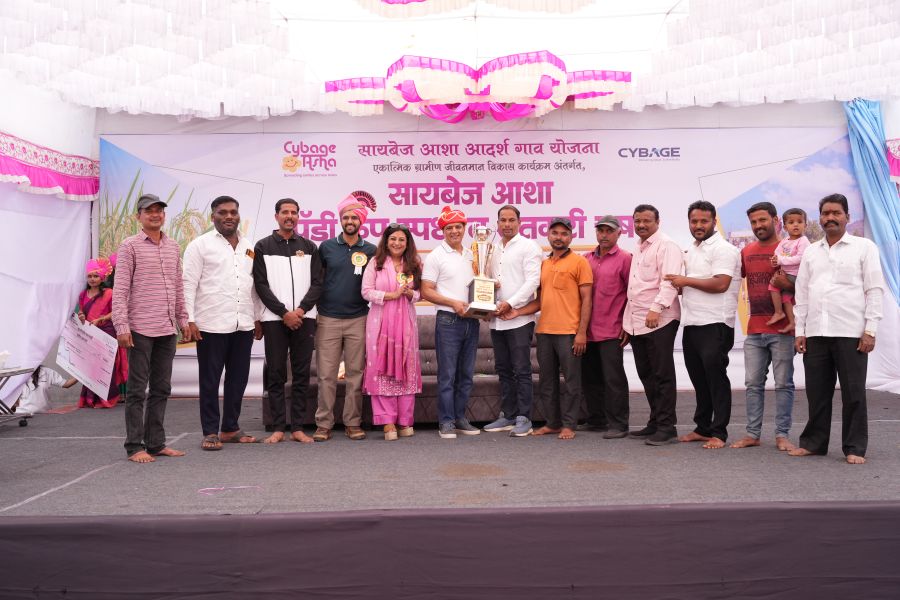
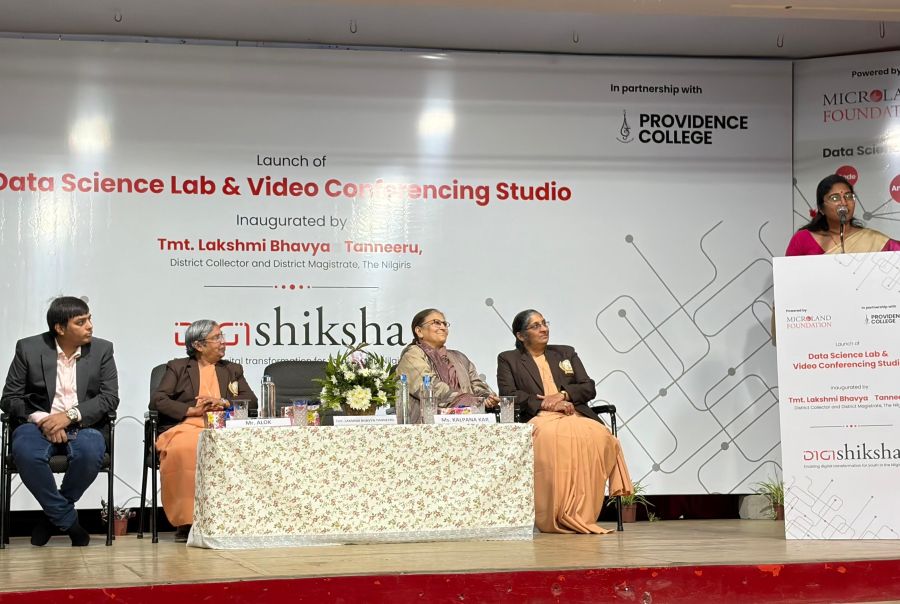
.jpg)
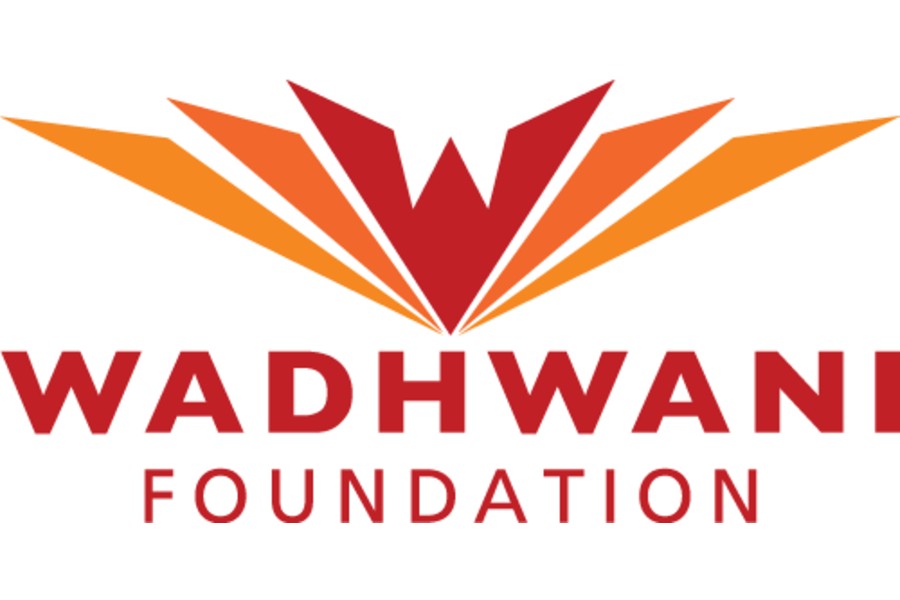
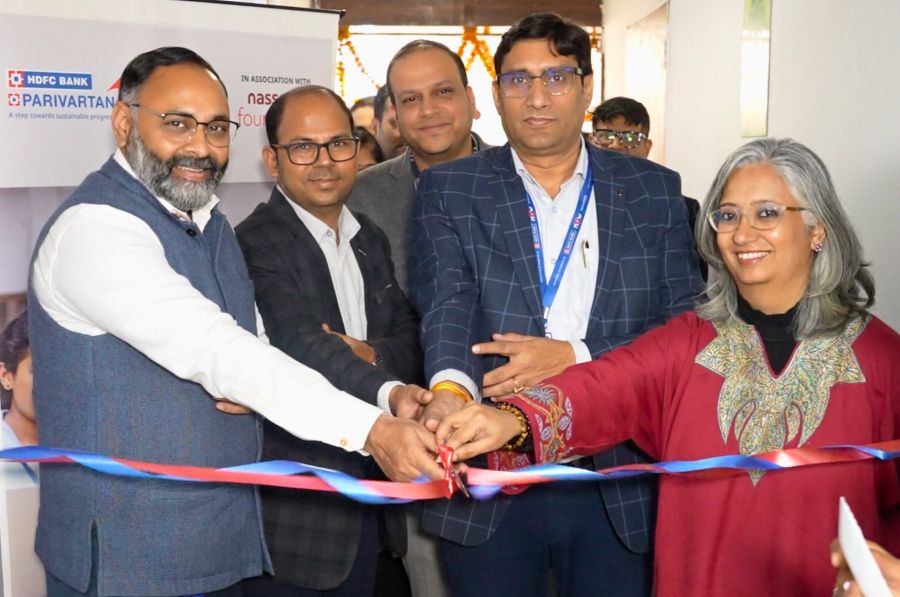

.jpg)
.jpeg)

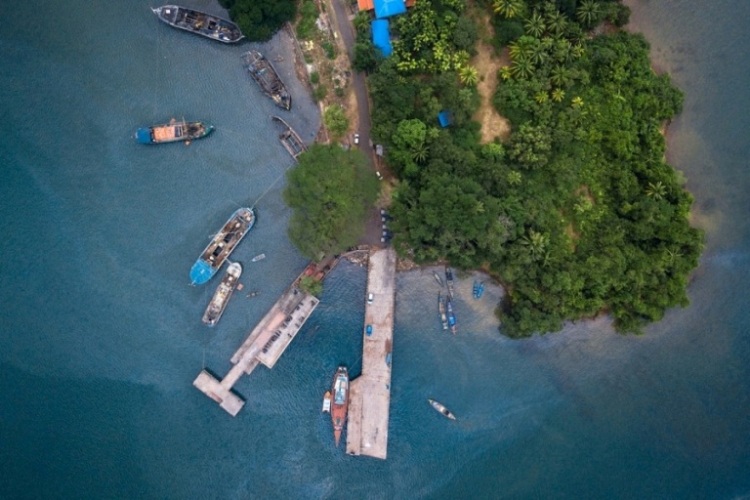

.jpg)




